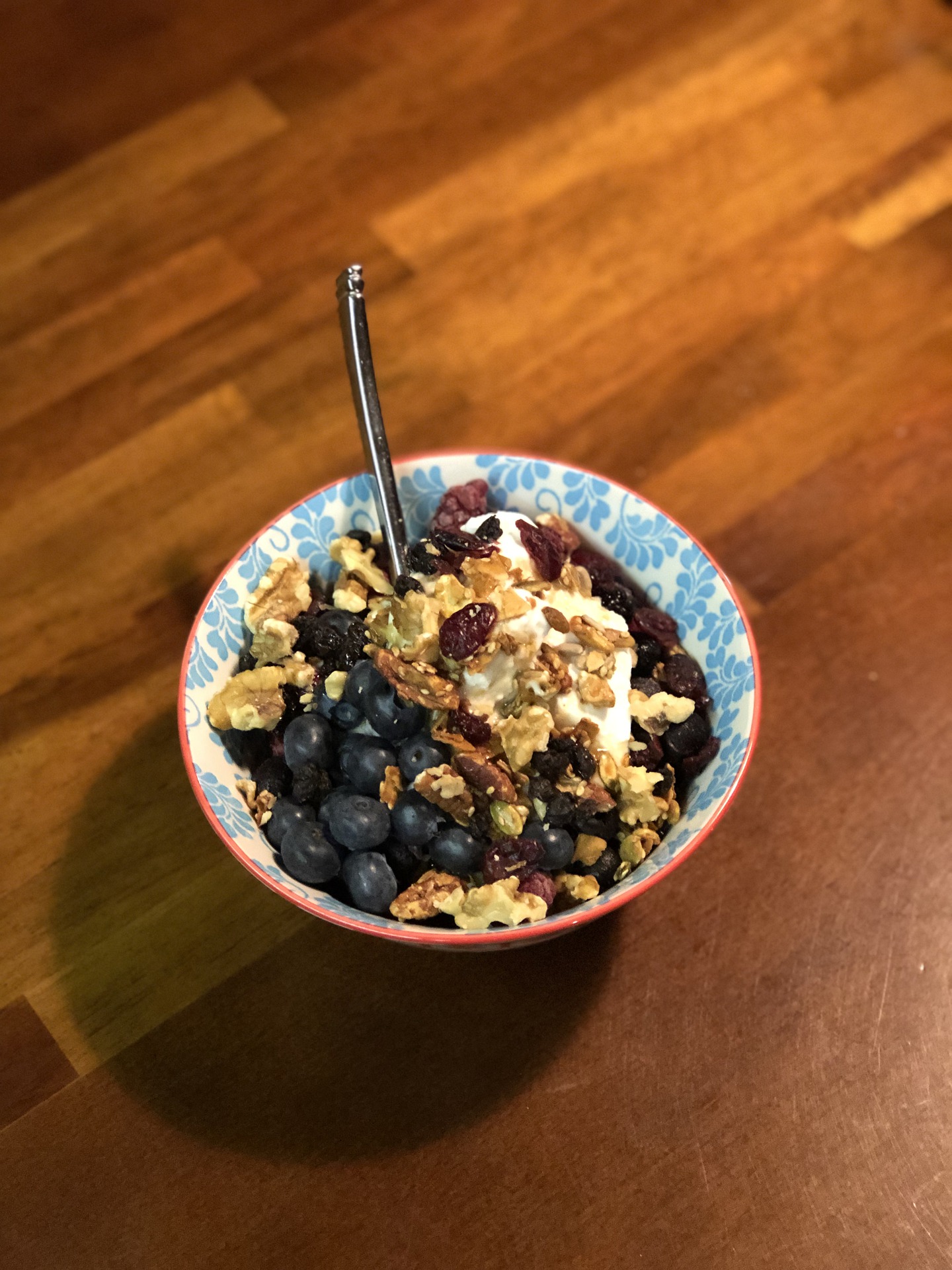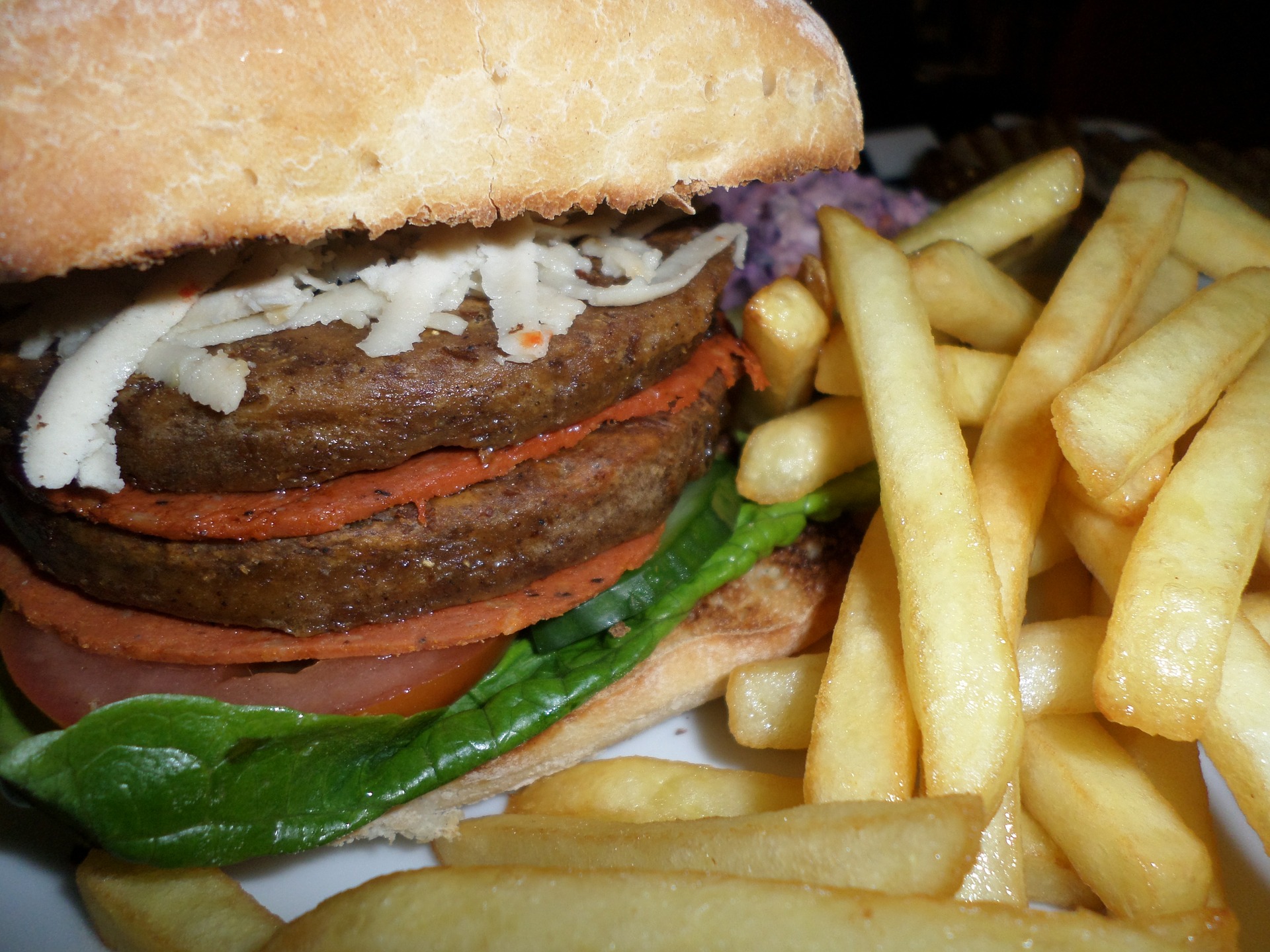Learn how advertisers dupe you into thinking unhealthy food is “healthy”.

It hurts finding out one of your delicious “healthy” meals or snacks is actually bad for you, but it’s important to know if the goal is actually eating healthily. Many labels that we consider healthy have been bandwagon by unhealthy foods that are often worse than the foods we are trying to avoid. Here’s a list of very unhealthy foods that advertisers and companies trick us into thinking are healthy and how they do it.
Low-Fat or Fat-Free Foods
This is one of the biggest misconceptions in the healthy food category. Fat isn’t bad for you, especially saturated fats. Consuming trans fats on the other hand increases your risk of heart disease and other health problems. Many companies use the idea that all fat is ‘bad’, thus they produce ‘low-fat’ and ‘fat-free’ foods. This usually means the food contains mainly oils and chemicals which are drastically worse than your saturated fats. It’s practically never a good idea to buy a product that labels themselves low-fat or fat-free.
Vegan Foods

Vegetarian and Vegan dietary preferences can be a very healthy alternative, though because of this and the growing population of vegans and vegetarians, many companies have started selling vegan food. Some companies are great for finding incredibly nutritious, well-balanced foods. Many more are selling chemical-full, oil-filled foods that only meet the vegan definition by the lack of animal products, but completely void themselves of any nutrition or health benefits. Practically all-vegan junk food and most ‘alternative’ meals that are vegan are often worse than the food they are trying to replace. A popular product is the Beyond Meat burger and other meat alternatives, but this is only a fractionally better than processed meat, and worse than organic-fed beef. It’s important to know that vegan or vegetarian doesn’t inherently mean healthy or healthier, to find out if a food really is good for you, check the ingredients or research the products you consume.
Gluten-Free

This is another bandwagon many companies have hopped on. The human body is unable to naturally process gluten and everyone is a little intolerant, but not enough to notice any significant differences. Gluten-free meals are often only supposed to be consumed by those whose intolerance to gluten is severe, but the trend of gluten-free meals being healthy has already been established and monetized. Many gluten-free alternatives are filled with chemicals or other added substances that one would never eat otherwise. While gluten should be avoided, for most people, it is often better to have the gluten ingredient than the alternative unless you know the specific ingredients.
Click here to read about 5 Healthy Dupes for Your Favourite Junk Foods


